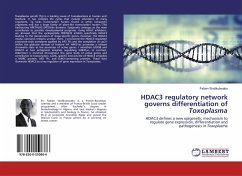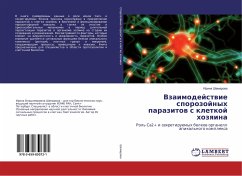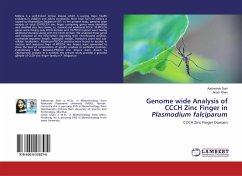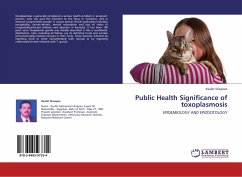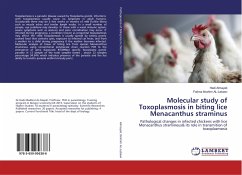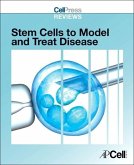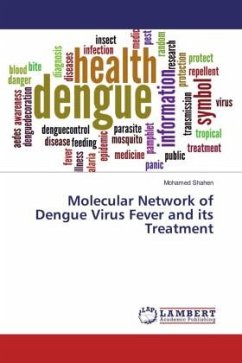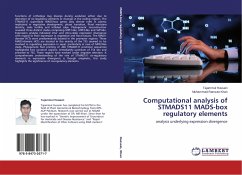Toxoplasma gondii (Tg) is a leading cause of toxoplasmosis in human and livestock. It has complex life cycles that include infections of many organisms. Tg lacks transcription factors found in other eukaryotic organisms and has a large family of plant-like transcription factors (TFs) harbouring APETALA2 (AP2)-like domains. Epigenetic emerges as the main contributor to parasite developmental programs. Using HDAC inhibitors, we showed that the cyclopeptide FR235222 inhibits specifically HDAC3 leading to the derepression of stage-specific genes. However, the HDAC3 modus operandi remains unclear. Here, I uncovered the HDAC3-regulated proteome-wide acetylome typified by AP2 TFs and the acetylation at Lys31 within the globular domain of histone H4. H4K31ac promotes a relaxed chromatin state at the promoter of active genes. I identified GCN5B and HDAC3 as two antagonist enzymes regulating H4K31ac. In contrast, H4K31me1 is enriched throughout the gene body of active genes and contributesto transcription. Lastly, specific interactome of HDAC3 englobes a MORC protein, AP2 TFs, and ELM2-containing proteins. These data illuminate HDAC3 as a key regulator of gene expression in Toxoplasma.

